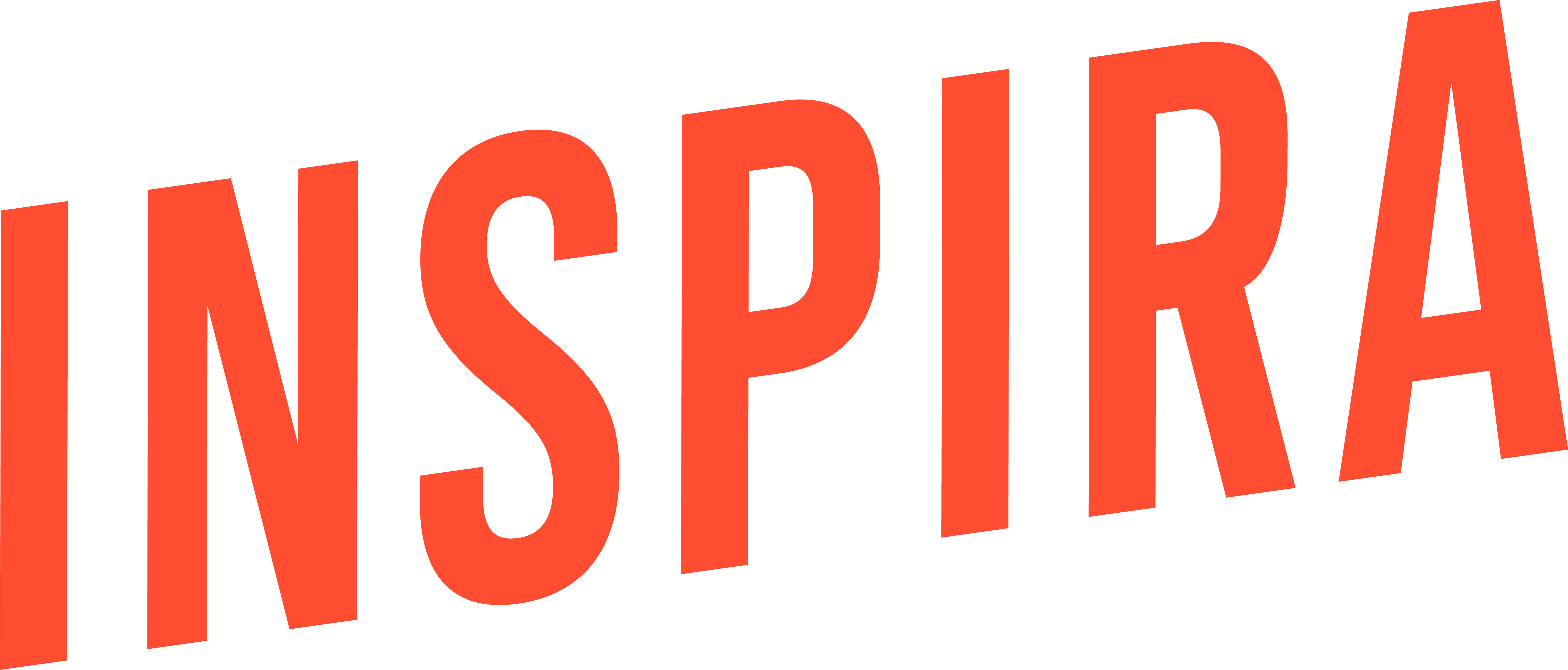There’s a story about wine, one rounded to anonymous legend, that goes like this: “A man, fallen on hard times, sold his art collection but kept his wine cellar. When asked why he did not sell his wine, he said, ‘A man can live without art, but not without culture.’”
That’s our roundabout way of saying “Happy National Wine Day,” which is today (or May 25th if you’re reading this in the distant future).
To celebrate National Wine Day, we’ve gathered the latest consumer and marketer wine trends that could help winemakers and marketers navigate 2023 and beyond. We’ve also put together a list of fun facts and historical tidbits about wine, too, because it’s fun.
Let’s jump in. Or rather, cheers.
Consumer and Industry Wine Trends

What better way to celebrate National Wine Day than by taking a look at the current landscape of wine in the minds of the consumer and in the market at large?
Wine is still on the upswing with consumers. Mintel’s Wine Market Report predicts a market size of $85.7 billion by 2027, up over 8% from $79.1 billion in 2022.
Wine hasn’t caught up with beer (but it’s closer than ever). Despite market gains, wine drinkers both casual and connoisseur are just behind beer drinkers as the most popular category of alcohol consumers. Still, with only a 4% difference between those who preferred beer and those who preferred wine, the gap is flirting with being negligible.
The wine industry is in an experimental phase. The Wine Market Report also mentions that in 2021 and 2022, 53% more wine-based products were launched than the year before. These wines (and wine-derivative drinks) vary wildly in flavor, playing to the current consumer yen for more interesting flavors in their drinks.
Wine-based cocktails are seeing a day in the limelight as well. When consumers were asked their top three reasons for going to bars, the third most popular answer was “wine-based cocktails.”
Women are behind much of wine’s continued growth. Women drink wine more than men, with 14% of men calling themselves regular wine drinkers and 27% of women saying the same.
But…men are more likely to party. It sounds like a stupid cliche–and in many ways it probably is–but according to research men are more likely to buy wine (and beer) specifically for big parties. Women are more likely to drink wine regularly with dinner, or while going out, but when stocking up for a shindig grocery stores should target male shoppers.
Wine Marketing Needs a Little Excitement

Since we’re talking about National Wine Day: how do we get the attention of consumers in the wine industry? How is 2023 looking for trends in wine marketing?
Young and old wine drinkers want different things. A recent study on wine marketing came to the conclusion that while older wine drinkers are interested in the origin and the varietal of the wine (the culture, the flavor, the history), younger wine drinkers “consume wine outdoors while socializing” and tend to rely on trusted recommendations more than other age groups.
Winery and wine events are a successful, up-and-coming strategy. According to that same literature, consumers are showing a positive reaction to attention-grabbing events both at wineries and for wine. They’re also interested in “short agri-food chains,” meaning they want to see where their grapes are coming from, essentially.
Combining these two marketing trends shows why experiential marketing is such a strong play for the wine industry. Not only do consumers want to see where their grapes are grown, they want to be outdoors while they’re doing it, they want to socialize, and they’re just more interested in wine-based events than they used to be.
Our own Barone Fini activation bore this out, which is not a shameless plug if you believe hard enough. Barone Fini makes wines, and when we partnered with them we created an event that played to a lot of these consumer trends. Namely, not only being outdoors, but seeing the chain from grape to bottle through an AR/VR “hot air balloon” ride exploring the Barone Fini vineyards.
Marketers should celebrate not only National Wine Day, but wine drinkers and a steadily-climbing market with the kinds of social, outdoor attention-grabbing strategies consumers seem to dig.
What You (Maybe) Didn’t Know About Wine

And, just because it’s fun, we’ve got a few odd facts about wine to celebrate National Wine Day.
Wine is absolutely ancient. Did you know wine is one of the oldest man-made beverages? Of course you do. But did you know that wine is so old that it predates potatoes, domesticated cattle, and apples as part of human cuisine? Before humans were drinking tea or using sugar, they were drinking wine. Wine predates butter by like 3,000 years.
Wine played a valuable role in early medicine. The first record of a prescription for medicine ever (from around 4,200 years ago) was for wine. Hippocrates (you remember him from the “Hippocratic Oath” doctors take) cleared ulcers with wine, while famous Roman physician Galen of Pergamon used wine to treat the wounds of gladiators in the Colosseum. Wine was basically history’s Tylenol, vitamin supplement, and saline all in one.
The original “symposiums” involved drinking a ton of wine and arguing. Well, maybe not arguing (though we’re sure it happened), the term symposium was invented for a wine-drinking party where wealthy and/or educated Greeks would gather and debate the political and cultural events of the day.
So, a party-based debate club absolutely overflowing with wine. Sounds like a good time, we’re gonna be honest.
To learn more about wine trends or wine marketing, reach out to Inspira Marketing today.
